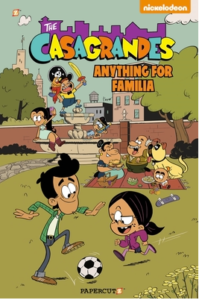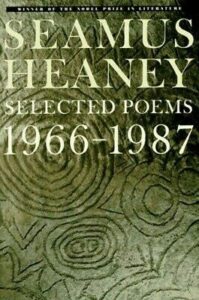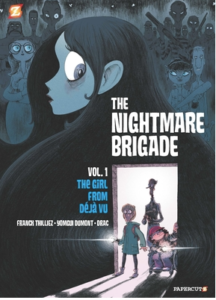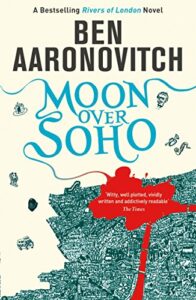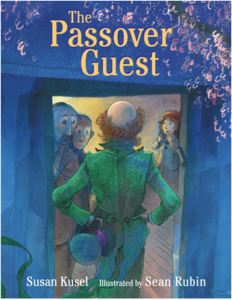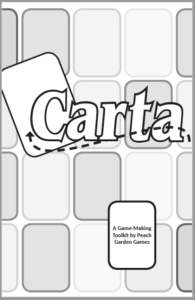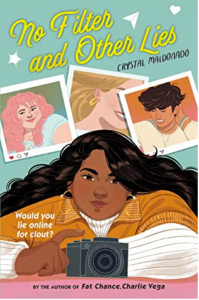Only having read The Odyssey could be a bit of a hindrance in addressing a collection titled The Triumph of Achilles, especially when my notes show that that the title poem is one that struck me as I was reading through. Even without commanding the details of The Illiad, though, I liked the considerations Glück brought to tales of war and triumph and history. She makes the point about history belonging to those who write it, but she does not call the writer the victor:
…though the legends
cannot be trusted—
their source is the survivor
the one who has been abandoned.
Glück brings readers to the Trojan battlements and leaves them wondering what triumph means.
In “The Mountain” she rolls up to the myth of Sisyphus in two contemporary forms: an artist struggling with their work and as a teacher trying to communicate to students the essence of art. She might well consider the students’ point of view as well, condemned to turn up every day to hear about things that don’t interest them from people whose own interest seems distinctly limited.
…Why do I lie
to these children? They aren’t listening,
they aren’t deceived, their fingers
tapping at the wooden desks—
In one of her characteristic endings, she upends the myth, allowing for change in the situation of the artist, the teacher, maybe even the student.
…the artist lies
because he is obsessed with attainment,
that he perceives the summit
as that place where he will live forever,
a place about to be
transformed by his burden: with every breath
I am standing at the top of the mountain.
Both my hands are free. And the rock has added
height to the mountain.
Other poems in this collection that I liked included “Metamorphosis,” a very brief one about the death of her father, “Summer,” an excursion into seasons of marriage and confounding expectations, and “Reproach,” in which the poet gets what they wanted and is not very happy about it. On the whole, though, I connected with Glück in The Triumph of Achilles about as well as I did in the three previous collections, which is to say glancingly at best. I’m interested in her next two, Ararat and The Wild Iris, but probably not all too soon.


